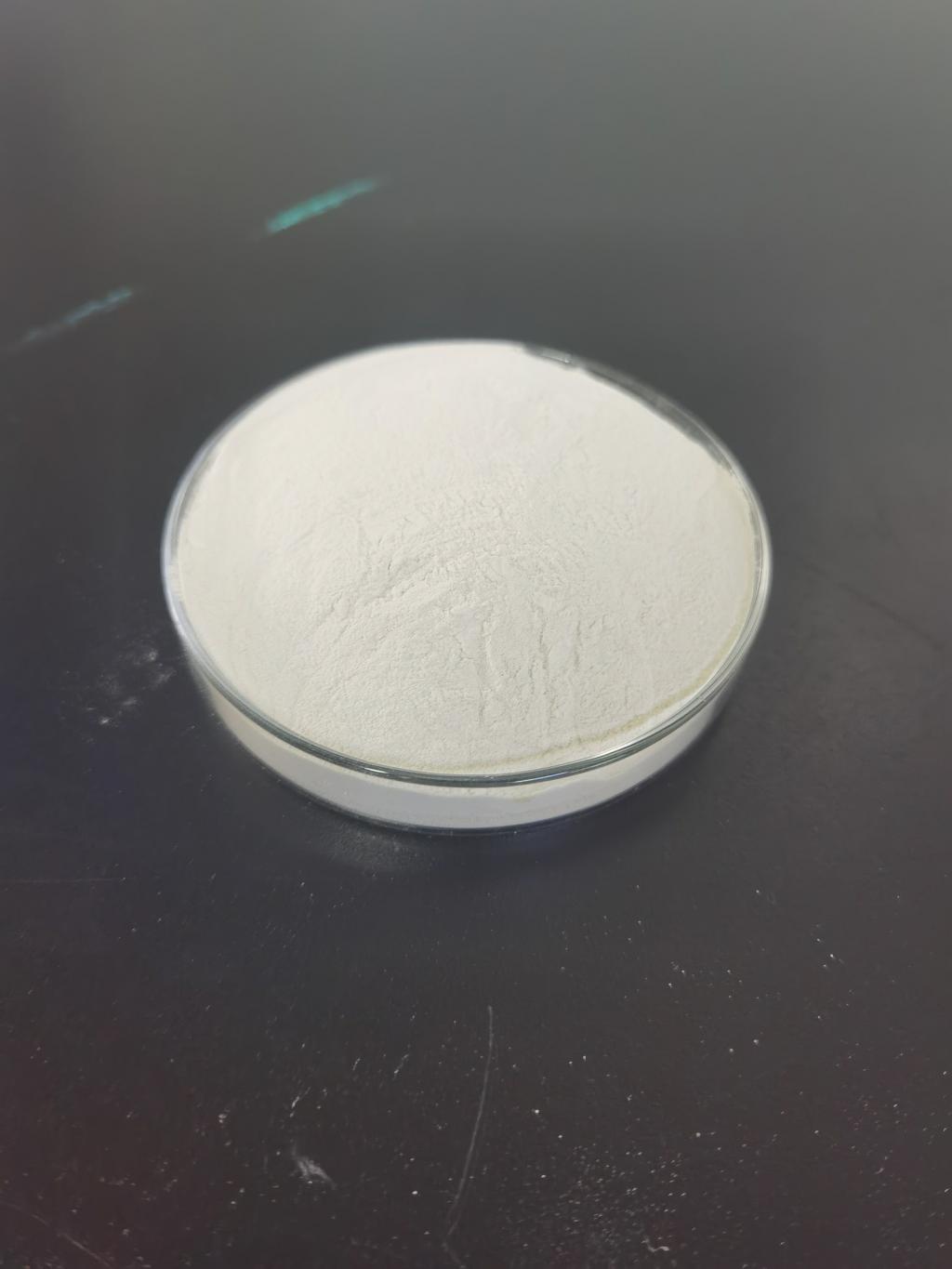Tel:+8618231198596

News
 CONTACT
CONTACT
 CONTACT
CONTACT
- Linkman:Linda Yao
- Tel: +8618231198596
- Email:linda.yao@dcpharma.cn
- Linkman:CHARLES.WANG
- Department:Overseas
- Tel: 0086 0311-85537378 0086 0311-85539701
News
Current Position:
Home >
News
>Can Nisin used in the preservation of non-dairy beverages or plant-based products?
Can Nisin used in the preservation of non-dairy beverages or plant-based products?
TIME:2023-07-27
Introduction
The shift towards plant-based diets and the increasing prevalence of lactose intolerance and dairy allergies have led to a surge in the production and consumption of non-dairy beverages and plant-based products. However, like their dairy counterparts, these products are also susceptible to microbial spoilage and foodborne pathogens. Preserving the quality and safety of these products during storage and distribution is essential for ensuring consumer satisfaction and reducing food waste.
The Science of Nisin
Nisin is a naturally occurring antimicrobial peptide that belongs to the class of lantibiotics. It is produced by certain strains of Lactococcus lactis during fermentation. Nisin exhibits a broad-spectrum antimicrobial activity, particularly against Gram-positive bacteria. Its mode of action involves disrupting the cell membrane of target microorganisms, leading to cell death. Importantly, nisin has a favorable safety profile and has been approved for use as a food preservative by many regulatory authorities, including the FDA and EFSA.
Nisin Application in Non-Dairy Beverages
One of the significant challenges in preserving non-dairy beverages lies in inhibiting the growth of spoilage microorganisms and pathogenic bacteria. Nisin has demonstrated effectiveness in extending the shelf life of non-dairy beverages, such as almond milk, soy milk, coconut milk, and oat milk. Its antimicrobial properties help prevent spoilage, off-flavors, and curdling, thereby enhancing the overall quality and consumer acceptance of these products.
Nisin Application in Plant-Based Products
Beyond non-dairy beverages, nisin can also be utilized in various plant-based products, such as plant-based yogurt, cheese, and meat alternatives. These products are susceptible to contamination and spoilage due to their composition and processing methods. Incorporating nisin into their formulations can mitigate microbial growth, maintain freshness, and improve safety during storage.
Synergistic Effects with Other Preservation Techniques
Nisin can be combined with other preservation techniques, such as heat treatment, high-pressure processing, and natural antimicrobials, to achieve a synergistic effect. This approach allows for lower nisin concentrations while still achieving the desired level of preservation. Moreover, using multiple preservation methods helps tackle a broader range of microorganisms, enhancing the overall effectiveness of the preservation strategy.
Challenges and Limitations
Despite its potential, the application of nisin in non-dairy beverages and plant-based products faces some challenges. One limitation is its effectiveness against Gram-negative bacteria, which are not as susceptible to its antimicrobial action. Additionally, the sensory impact of nisin at higher concentrations may pose flavor-related challenges, necessitating careful dosage and formulation optimization.
Regulatory Considerations
The use of nisin as a food preservative is generally recognized as safe (GRAS) by regulatory authorities. However, each country or region may have specific regulations and permissible usage levels. Manufacturers must ensure compliance with these regulations and demonstrate the safety and efficacy of nisin in their products.
Future Prospects
As the demand for non-dairy beverages and plant-based products continues to grow, there is a need for continuous research and development to optimize the application of nisin and address its limitations. Future studies may focus on novel delivery systems, such as encapsulation, to improve nisin stability and release in the target products. Furthermore, exploring its combination with emerging preservation technologies could lead to enhanced preservation efficacy.
Conclusion
Nisin presents a promising solution for preserving non-dairy beverages and plant-based products, contributing to their extended shelf life, enhanced safety, and improved consumer acceptance. Its natural origin and broad-spectrum antimicrobial activity make it a suitable alternative to synthetic preservatives. However, further research and collaboration between the industry and academia are necessary to fully exploit the potential of nisin in this fast-growing sector of the food industry.
- Tel:+8618231198596
- Whatsapp:18231198596
- Chat With Skype







